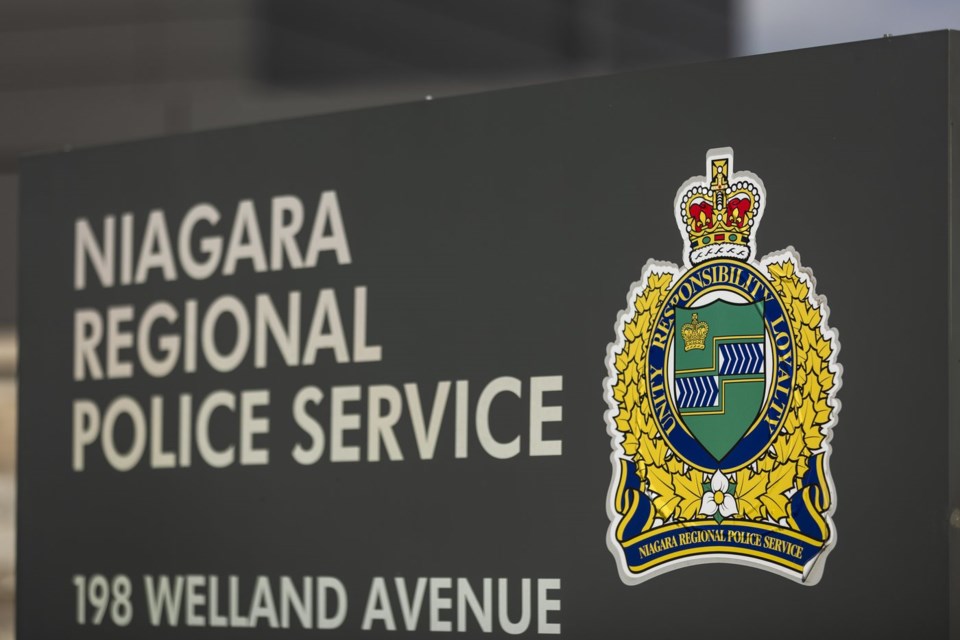
In June 2024, an investigation initiated by the Niagara Regional Police Service’s Child Abuse Unit brought to light a disturbing case involving a 48-year-old female educational assistant, Tracy Coleman, who was charged with serious offenses related to a sexual relationship with a 14-year-old male. The case, which unfolded in the Region of Niagara, highlights the critical importance of child protection and the responsibility of educational institutions in preventing abuse. This article delves into the details of the case, the legal proceedings, and the broader implications for safeguarding children in educational environments.
The Allegations and Investigation
The Incident and Allegations
The investigation, which began in June 2024, centered around allegations of sexual assault and sexual interference. The 14-year-old male, who was previously a student of Tracy Coleman at St. Mary’s Catholic School in Welland, is said to have been involved in an intimate relationship with the accused. This relationship is alleged to have lasted for three months, during which the female suspect reportedly engaged in sexual misconduct with the young student.
Tracy Coleman, who was employed as an Educational Assistant at the school and worked under the Niagara Catholic District School Board, was arrested and charged with sexual assault and sexual interference. These allegations, if proven true, represent a severe breach of trust, as individuals working in educational settings are entrusted with the safety and well-being of students.
Legal Consequences of Sexual Assault and Interference
Understanding Sexual Assault and Sexual Interference
Sexual assault and sexual interference are criminal offenses under Canadian law. Sexual assault refers to any non-consensual physical act of a sexual nature, while sexual interference involves any sexual contact with a minor under the age of 16, with or without physical contact, for the purpose of sexual exploitation. Both offenses are taken very seriously by law enforcement and the judicial system, especially when involving vulnerable individuals such as children.
In this case, Tracy Coleman’s arrest and charges highlight the gravity of the situation. If convicted, she would face severe legal consequences, including potential imprisonment, registration as a sex offender, and a permanent criminal record. The legal proceedings will involve extensive investigation, evidence presentation, and, ultimately, the determination of guilt or innocence in a court of law.
The Role of Educational Institutions in Protecting Students

Preventing Abuse in Schools
Educational institutions, including schools and school boards, have a fundamental responsibility to protect students from harm. When allegations of abuse arise within an educational setting, the consequences are far-reaching, not only affecting the victim but also damaging the public trust placed in the institution.
In the case of Tracy Coleman, the fact that she was employed by the Niagara Catholic District School Board highlights the need for stronger safeguards within schools. Teachers, educational assistants, and other staff members are in positions of power and trust over students. When that trust is violated, it can have devastating consequences for the individuals involved, particularly the victim, who may experience long-lasting emotional and psychological harm.
It is crucial for schools to implement and enforce policies aimed at preventing abuse. These include:
- Background Checks and Screening: Thorough vetting of all staff members, including criminal background checks and child abuse registry screenings, is essential to ensure that individuals in educational settings are not a danger to students.
- Mandatory Training: Regular training for educators and staff on recognizing and reporting signs of abuse, as well as understanding the boundaries of professional relationships with students, can help prevent misconduct.
- Clear Reporting Procedures: Establishing clear, confidential, and accessible reporting mechanisms for students and staff to report any concerns about abuse or inappropriate behavior is vital for ensuring timely intervention.
- Promoting Safe Environments: Schools should foster an environment of openness where students feel safe discussing issues of abuse or misconduct without fear of retaliation.
The Impact on Victims of Abuse
Emotional and Psychological Effects on Children
The emotional and psychological consequences for victims of sexual assault and sexual interference are profound. Children who experience abuse, particularly by trusted adults, often struggle with feelings of shame, guilt, and confusion. In many cases, victims suffer from anxiety, depression, and post-traumatic stress disorder (PTSD).
For the 14-year-old male involved in this case, the trauma of being victimized by someone in a position of trust, such as an educational assistant, can be especially damaging. Victims of sexual abuse often face difficulties in their personal relationships, social interactions, and academic performance as they work through the long-term effects of their experiences.
It is crucial that the victim in this case receive appropriate counseling, support, and resources to help them heal and move forward. The involvement of trained mental health professionals is vital in addressing the psychological impacts of abuse.
The Role of Law Enforcement and Investigators
Protecting Vulnerable Victims and Building Strong Cases
The investigation into Tracy Coleman’s alleged crimes was handled by the Niagara Regional Police Service’s Child Abuse Unit, with the support of specialized law enforcement units. The investigation is a crucial step in bringing justice to the victim and ensuring that such crimes are properly addressed.
Detectives and investigators involved in these types of cases must navigate complex legal, emotional, and social factors. Protecting the identity and dignity of the victim, while gathering solid evidence to support the case, is paramount. Additionally, investigators must ensure that the legal rights of the accused are respected throughout the process.
For the accused, the presumption of innocence until proven guilty is a cornerstone of the Canadian justice system. Tracy Coleman’s trial will provide a forum for both sides of the case to present evidence and arguments, allowing the court to make a fair and impartial determination of guilt or innocence.
The Importance of Community Support and Advocacy
Raising Awareness and Supporting Victims
Incidents of sexual assault and misconduct, particularly when they occur in trusted environments like schools, can have a ripple effect on the community. It is important for communities to come together to support victims of abuse and raise awareness about the signs and prevention of sexual exploitation.
Advocacy groups, including those focused on child protection and sexual abuse prevention, play a vital role in educating the public and providing resources for victims. These organizations often offer counseling services, legal support, and guidance for families navigating the aftermath of such traumatic events.
Conclusion
The case of Tracy Coleman underscores the critical importance of child protection within educational institutions and society as a whole. Sexual assault and sexual interference are severe offenses, particularly when they involve minors, and require a strong legal response. This case serves as a reminder of the need for schools and communities to work together to ensure the safety and well-being of children, particularly in environments where they are most vulnerable.
The investigation, legal proceedings, and eventual trial will undoubtedly have lasting implications, not only for the individuals involved but also for the broader conversation on child abuse prevention. As the legal process unfolds, it remains essential to support the victim, respect the rights of all parties, and ensure that justice is served.
